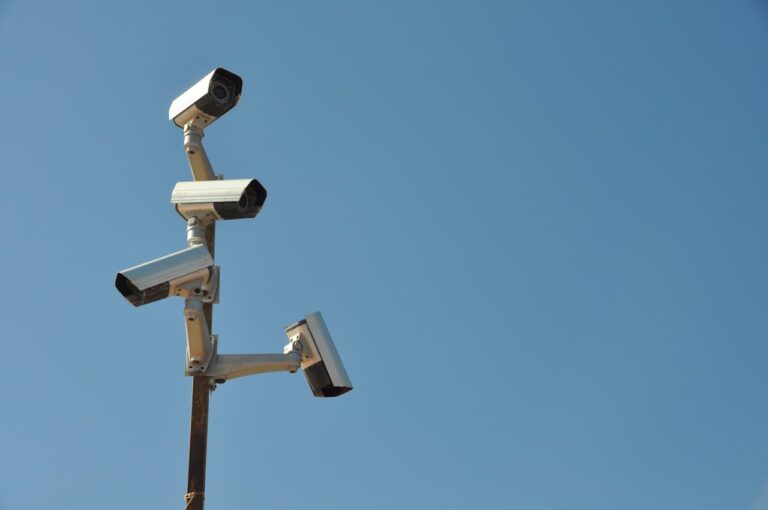Corruption poses a severe threat to national security, undermining the integrity of institutions and eroding public trust. For public servants in South Africa tasked with safeguarding national security, understanding the intricate relationship between corruption and security is paramount. This blog post explores the profound impact of corruption on national security, drawing on international best practices to mitigate these risks. Additionally, it highlights the crucial role of security managers in implementing effective measures and protocols to combat corruption and enhance national security.
The Nexus Between Corruption and National Security
Corruption undermines national security in several ways, affecting various sectors and institutions:
- Erosion of Public Trust: Corruption diminishes public confidence in government institutions, including law enforcement and the judiciary. When citizens perceive these institutions as corrupt, they are less likely to cooperate with authorities, which weakens the overall security framework.
- Resource Misallocation: Corruption diverts resources meant for security and development into the hands of a few individuals. This misallocation hampers the ability of security agencies to function effectively, leaving the nation vulnerable to internal and external threats.
- Empowerment of Criminal Networks: Corruption facilitates the activities of criminal organizations, including drug trafficking, human trafficking, and terrorism. When officials accept bribes to overlook illegal activities, these networks grow stronger and more difficult to dismantle.
- Weakening of Law Enforcement: Corrupt practices within law enforcement agencies can lead to selective enforcement of laws, where only those who cannot afford to pay bribes are prosecuted. This selective enforcement erodes the rule of law and creates an environment of impunity.
- Political Instability: High levels of corruption can lead to political instability, as citizens lose faith in their leaders and demand change. Political unrest can create a security vacuum, providing opportunities for extremist groups to exploit.
International Best Practices to Combat Corruption
To mitigate the impact of corruption on national security, South Africa can draw on several international best practices:
- Strengthening Anti-Corruption Institutions: Establishing robust anti-corruption bodies with the authority to investigate and prosecute corruption cases is crucial. For example, Hong Kong’s Independent Commission Against Corruption (ICAC) has been effective in reducing corruption through its strong mandate and independence.
- Enhancing Transparency and Accountability: Implementing transparency measures, such as open government initiatives and public access to information, can reduce opportunities for corruption. Estonia’s e-governance system, which allows citizens to access government services online, has significantly increased transparency and reduced corruption.
- Promoting Whistleblower Protection: Encouraging and protecting whistleblowers is essential for uncovering corrupt practices. The United States’ Whistleblower Protection Act provides legal safeguards for individuals who report corruption, ensuring they are not subjected to retaliation.
- Fostering International Cooperation: Corruption often crosses national borders, requiring international collaboration to combat effectively. The United Nations Convention Against Corruption (UNCAC) provides a comprehensive framework for countries to cooperate on anti-corruption efforts.
- Integrating Anti-Corruption Education: Incorporating anti-corruption education into school curricula and professional training programs can raise awareness and foster a culture of integrity. Singapore’s education system emphasizes ethical behaviour from a young age, contributing to its low levels of corruption.
The Role of Security Managers in Combating Corruption
Security managers at government institutions play a vital role in implementing anti-corruption measures and ensuring national security. Their responsibilities include:
- Risk Assessment and Planning: Security managers must conduct thorough risk assessments to identify areas vulnerable to corruption within their institutions. By understanding these risks, they can develop targeted anti-corruption strategies and action plans.
- Resource Management: Efficient management of resources is crucial in preventing corruption. Security managers should establish transparent procurement processes, implement rigorous financial controls, and ensure accountability in the allocation and use of resources.
- Training and Capacity Building: Providing regular training on anti-corruption measures and ethical conduct is essential. Security managers should develop training programs for their staff, emphasizing the importance of integrity and the consequences of corrupt behaviour.
- Monitoring and Evaluation: Continuous monitoring and evaluation of anti-corruption measures are necessary to assess their effectiveness and make necessary adjustments. Security managers should establish performance metrics and conduct periodic reviews to identify areas for improvement.
- Fostering a Culture of Integrity: Security managers must lead by example, demonstrating a commitment to ethical behaviour and integrity. They should promote a culture of zero tolerance for corruption within their institutions, encouraging staff to report suspicious activities and providing support to whistleblowers.
Conclusion
Corruption poses a significant threat to national security, undermining the integrity of institutions and weakening the overall security framework. For public servants in South Africa, addressing the impact of corruption on national security requires a comprehensive approach that includes strengthening anti-corruption institutions, enhancing transparency, protecting whistleblowers, fostering international cooperation, and integrating anti-corruption education.
Security managers at government institutions play a critical role in implementing these measures and ensuring their effectiveness. By conducting risk assessments, managing resources efficiently, providing training, monitoring progress, and fostering a culture of integrity, security managers can significantly reduce the impact of corruption on national security. Drawing on international best practices and adapting them to the local context will be essential in creating a secure and corruption-free environment in South Africa.
If you are interested in advanced targeted security management training, have a look at our Security Management (Advanced) Course Track by following the link below.







